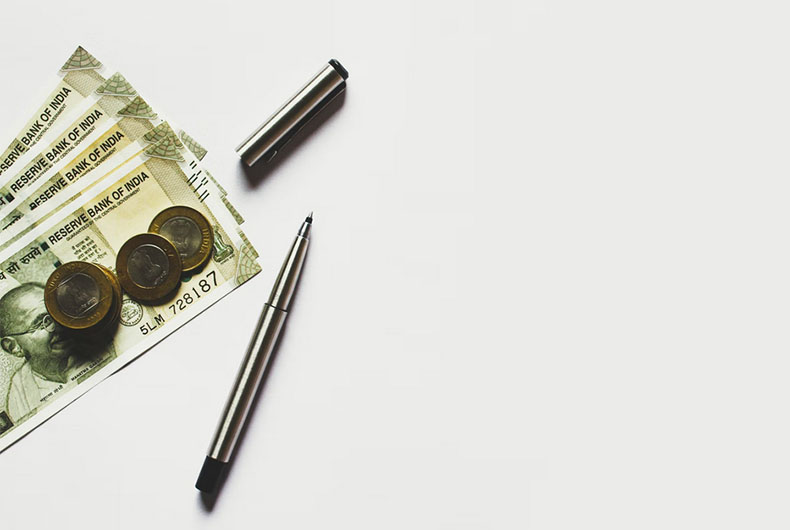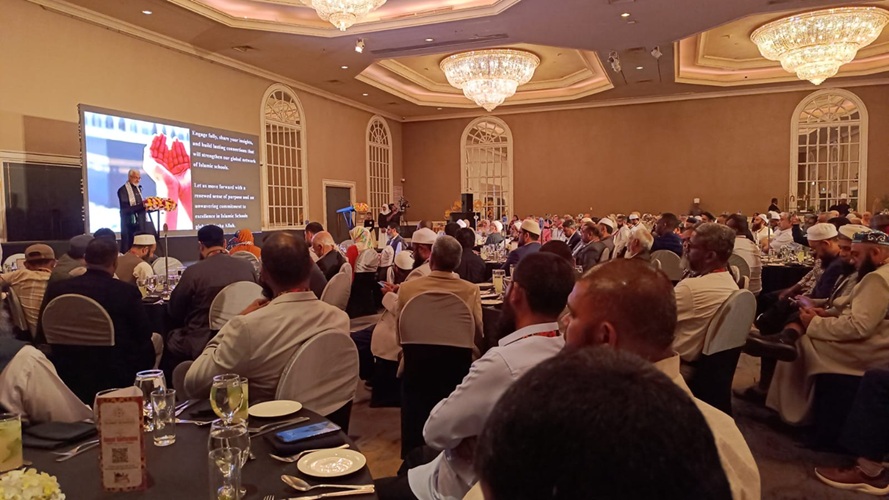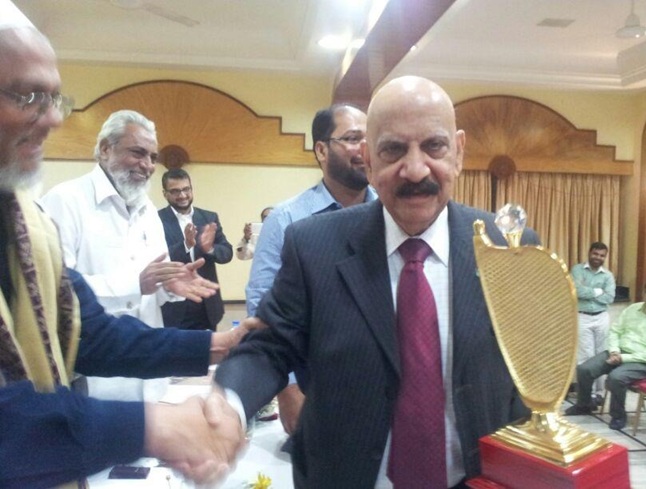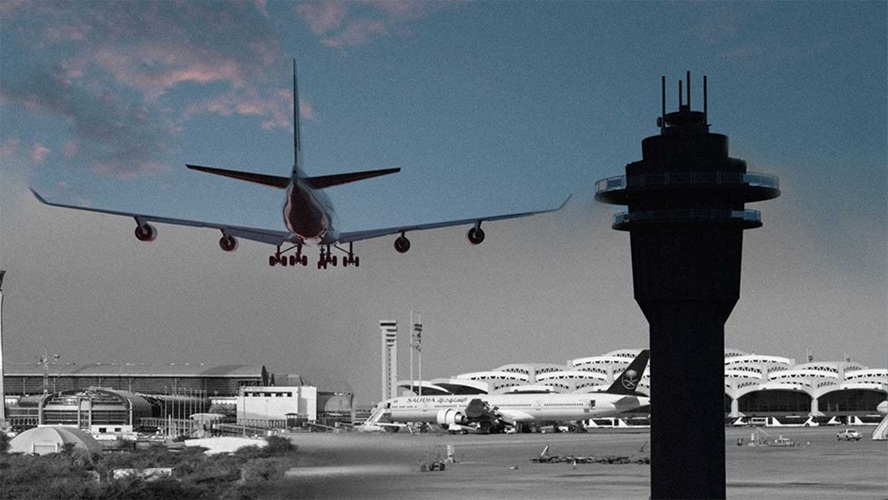The Economic Survey of this year adds that inflation has reappeared as a global issue in both advanced and emerging economies
New Delhi: India does need to be wary of imported inflation, especially from elevated global energy prices, The Economic Survey for 2021-2022 tabled in the Parliament by Union Finance Minister Nirmala Sitharaman Monday warned.
The Economic Survey of this year adds that inflation has reappeared as a global issue in both advanced and emerging economies.
India’s Consumer Price Index inflation stood at 5.6 per cent YoY in December 2021 which is within the targeted tolerance band. Wholesale price inflation, however, has been running in double-digits. Although this is partly due to base effects that will even out.
The surge in energy prices, non-food commodities, input prices, disruption of global supply chains, and rising freight costs stoked global inflation during the year.
8-8.5% Growth Projection
The survey projected an 8-8.5 per cent growth rate for the economy in the 2022-23 fiscal year (April 2022 to March 2023).
This is a dip from the 9.2 per cent GDP (Gross Domestic Product) expansion projected by the National Statistical Office (NSO).
In India, Consumer Price Index (CPI) inflation moderated to 5.2 per cent in 2021-22 (April-December) from 6.6 per cent in the corresponding period of 2020-21. It was 5.6 per cent (YoY) in December 2021, which is within the targeted tolerance band.
“The decline in retail inflation in 2021-22 was led by easing of food inflation. Wholesale Price Inflation (WPI), however, has been running in double-digits. The inflation in ‘fuel and power’ group of WPI was above 20 per cent reflecting higher international petroleum prices”, the survey said.
“Although the high WPI inflation is partly due to base effects that will even out, India does need to be wary of imported inflation, especially from elevated global energy prices”, the Economic Survey said.
Consumption likely to grow by 7%
India’s total consumption is estimated to have grown by 7 per cent in FY22 with government consumption being the biggest contributor, the Economic Survey tabled in Parliament on Monday said.
The Survey said that the government consumption was estimated to grow by a strong 7.6 per cent, thereby surpassing the pre-pandemic levels.
Besides, private consumption is also estimated to have improved significantly to recover 97 per cent of corresponding pre-pandemic output level.
The consumption was supported by a sharp rebound in high-frequency indicators like IIP Consumer Durables.
However, the recent dip in vehicle registrations reflects persistent supply-side constraints owing to the shortage of semiconductor chips rather than lack of consumption demand.
Further, the RBI’s consumer confidence survey results on both the present situation and future expectations suggest sustained uptick in consumer sentiments.
“Also indicative of uptick in consumer sentiments is the steep rise in digital transactions, notably in UPI payments owing to the pandemic induced shift to contactless payments,” the Survey said.
“Going ahead, private consumption is poised to see stronger recovery with rapid coverage in vaccination and faster normalisation of economic activity”, it added.






0 Comments